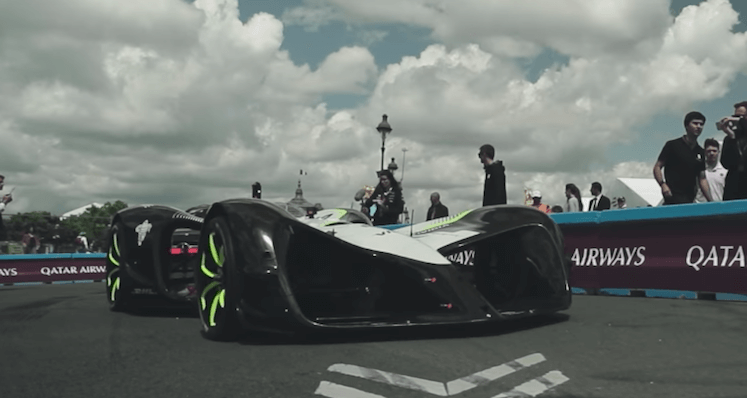Formula One’s governing body, the FIA, is introducing AI to monitor track limit breaches during the Abu Dhabi Grand Prix, according to a recent Reuters report, marking a significant shift in how the sport handles race regulations.
The FIA will deploy “Computer Vision” technology, a sophisticated AI system that analyzes shapes and counts pixels crossing the track’s edge. This innovative approach aims to accurately identify genuine breaches, where drivers cross the white line with all four wheels, thus reducing the burden on the FIA’s remote operations centre and ensuring faster response times.
Challenges in monitoring and the AI solution
This development comes after the FIA faced challenges in managing a high volume of potential violations. For instance, at the Austrian Grand Prix on July 2, only four people had to process around 1,200 potential breaches. By October, during the Qatar weekend, eight personnel were tasked with assessing track limits and monitoring over 820 corner passes, leading to 141 reports sent to race control, with 51 laps subsequently deleted.
Despite these efforts, some breaches remained unpunished, notably at the U.S. Grand Prix in Austin. The stewards acknowledged the need for a more effective solution to enforce track limits violations, especially after the issues faced at turn six, which they described as “completely unsatisfactory.”
Tim Malyon, the FIA’s head of remote operations and deputy race director, explained that the Computer Vision technology has been effectively used in medical fields, such as cancer screening. The technology helps in filtering out clear non-issues, thus allowing trained professionals to focus on more complex cases. Malyon believes that this approach will significantly reduce the number of potential infringements considered by the ROC, with even fewer cases requiring further action from race control.
Malyon emphasized the importance of embracing new technologies and evolving with them. He noted that while human judgment is currently superior in certain aspects, the future lies in real-time automated policing systems. This initiative by the FIA not only enhances the efficiency of rule enforcement in Formula One but also sets a precedent for the integration of AI in sports governance.


















